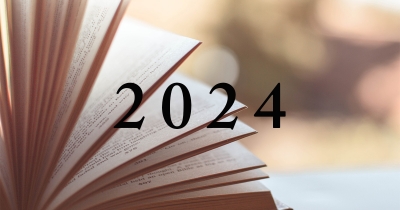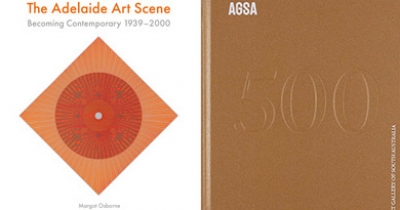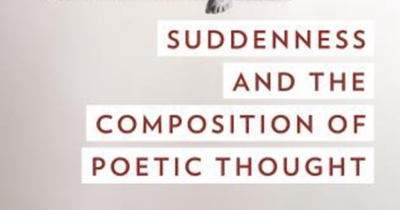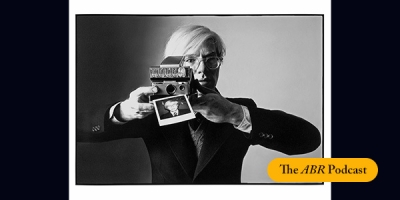Accessibility Tools
- Content scaling 100%
- Font size 100%
- Line height 100%
- Letter spacing 100%
Patrick Flanery
The ABR Podcast
Released every Thursday, the ABR podcast features our finest reviews, poetry, fiction, interviews, and commentary.
Subscribe via iTunes, Stitcher, Google, or Spotify, or search for ‘The ABR Podcast’ on your favourite podcast app.
The red thread: Xi Jinping’s ideology of power
by Neil Thomas
This week on The ABR Podcast, Neil Thomas reviews On Xi Jinping: How Xi’s Marxist Nationalism is shaping China and the world by Kevin Rudd. Thomas explains that even China watchers find it hard to be clear on the thoughts and plans of the leader of the Chinese Communist Party. They disagree, he tells us, on basic, critical questions, such as for how long Xi will rule. ‘Enter Kevin Rudd’, Thomas writes. ‘In his latest book, former prime minister Kevin Rudd adds a worthy new chapter to his life of public service, digesting thousands of pages of “Xi Jinping Thought” so that you do not have to’. Neil Thomas is a Fellow on Chinese Politics at Asia Society Policy Institute’s Center for China Analysis in Washington DC. Here is Neil Thomas with 'The red thread: Xi Jinping's ideology of power' by Neil Thomas, published in the December issue of ABR.
Recent episodes:
The Adelaide Art Scene by Margot Osborne & AGSA 500 edited by Rhana Devenport
Suddenness and the Composition of Poetic Thought by Paul Magee
This week, on the ABR Podcast, we look at a major exhibition at the Art Gallery of South Australia, ‘Andy Warhol and Photography: A Social Media’. Ten years in the making, ‘Andy Warhol and Photography’ demonstrates the multiple ways in which Warhol’s aesthetic anticipated the social-media world we live in today, perhaps even helping give rise to it. Patrick Flanery is a novelist and Chair of Creative Writing at the University of Adelaide.
... (read more)




